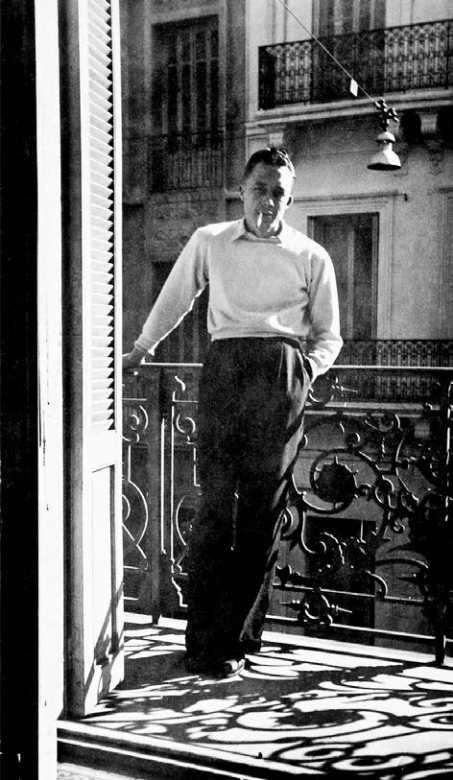Crisis in Algeria (Conclusion), Albert Camus
Conclusion
The French, whose confidence was shaken for a time, have since lost interest in Algerian affairs. In the ensuing period of relative calm, articles have been published in various newspapers arguing that the political crisis is not that serious or widespread and is simply the work of a handful of professional agitators. Not that these articles are distinguished by careful documentation or objectivity. One describes the recently arrested president of the “Friends of the Manifesto” as the father of the Algerian Popular Party, which has been led for many years by Messali Hadj, who was also arrested. Another treats the Oulémas as a nationalist political organization when it is in fact a reformist religious group, which actually supported a policy of assimilation until 1938.
No one has anything to gain from these hasty and ill-informed articles, nor from the far-fetched studies that have appeared elsewhere. To be sure, the Algerian massacre would not have occurred had there been no professional agitators. Nevertheless, those agitators would not have had much effect if they had not been able to take advantage of a political crisis from which it would be pointless and dangerous to avert one’s eyes.
This political crisis, which has been going on for many years, did not miraculously disappear overnight. Indeed, it has grown more severe, and all the information coming from Algeria suggests that it has lately been enveloped by a climate of hatred and distrust that nothing can alleviate. The massacres of Guelma and Sétif have provoked deep indignation and revulsion in the French of Algeria. The subsequent repression has sown fear and hostility in the Arab masses. In this climate, the likelihood that a firm but democratic policy can succeed has diminished.
But that is not a reason to despair. The Ministry of National Economy has envisioned resupply measures that, if continued, should be enough to recover from a disastrous economic situation. But the government must maintain and extend the ordinance of March 7, 1944, in order to prove to the Arab masses that no ill feeling will ever interfere with its desire to export to Algeria the democratic regime that the French enjoy at home. But what we need to export is not speeches but actions. If we want to save North Africa, we must show the world our determination to give it the best of our laws and the most just of our leaders. We must demonstrate our resolve and keep to it regardless of the circumstances or attacks in the press. We must convince ourselves that in North Africa as elsewhere, we will preserve nothing that is French unless we preserve justice as well.
As we have seen, words like these will not please everyone. They cannot easily overcome blindness and prejudice. But we continue to believe that this is a reasonable and moderate approach. The world today is dripping with hatred everywhere. Violence, force, massacre, and tumult darken an atmosphere from which we thought the poison had been drained. Whatever we can do in service of the truth—French truth and human truth—we must do to counter this hatred. Whatever it costs, we must bring peace to nations that have too long been torn and tormented by all that they have suffered. Let us at least try not to add to the bitterness that exists in Algeria. Only the infinite force of justice can help us to reconquer Algeria and its inhabitants.
The End

